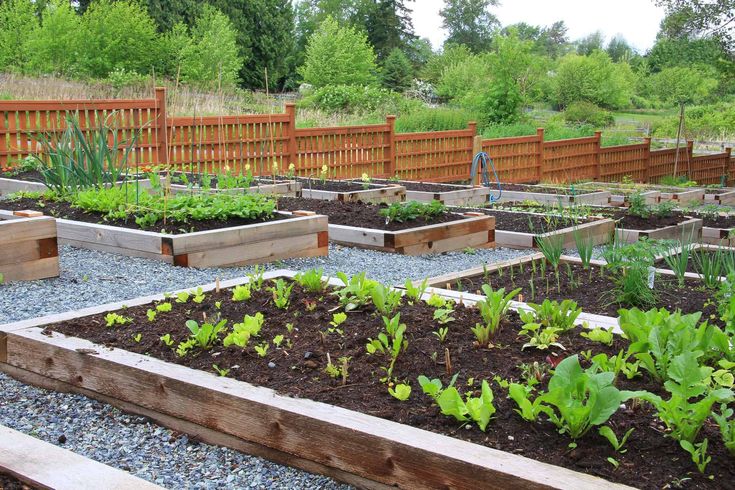Introduction
In the realm of gardening, there’s a growing movement toward creating landscapes that thrive without the use of harmful chemicals. The Principles and Practices of Chemical-Free Gardening for a Flourishing and Eco-Friendly Landscape empower gardeners to cultivate lush, vibrant spaces while minimizing the environmental impact. This article delves into the techniques, benefits, and expert guidance for adopting chemical-free gardening practices, ensuring not only a beautiful garden but also a healthier planet.
Sustainable Soil Management: Nurturing the Foundation
Healthy soil is the cornerstone of any successful garden. By focusing on building and maintaining fertile, nutrient-rich soil, gardeners set the stage for robust plant growth. Embrace practices such as composting, cover cropping, and mulching to enhance soil structure and microbial activity.
Companion Planting: Nature’s Partnerships
Companion planting involves strategically placing plants that benefit one another in close proximity. Harness the power of nature’s partnerships to naturally repel pests, improve pollination, and boost overall garden health. For instance, planting marigolds alongside tomatoes helps deter nematodes, while beans provide nitrogen for neighboring plants.
Nature-Inspired Pest Control
IPM combines preventive measures, biological controls, and targeted interventions to manage pest populations naturally. Encourage beneficial insects like ladybugs and lacewings, which act as natural predators, and use physical barriers like row covers to protect plants from pests.
Water-Wise Techniques: Conservation and Efficiency
Efficient water usage is crucial for eco-friendly gardening. Implement practices like drip irrigation and rainwater harvesting to minimize water waste. Grouping plants with similar water needs and applying mulch can also help retain moisture and reduce the need for excessive watering.
Native Plants and Biodiversity: Thriving in Harmony
Incorporating native plants into your landscape promotes biodiversity and supports local wildlife. Native plants are adapted to the local climate and require less maintenance, making them an excellent choice for chemical-free gardening. Create habitats that attract birds, butterflies, and other pollinators by including a variety of native species.
Organic Fertilization
Organic fertilizers provide essential nutrients to plants without the use of synthetic chemicals. Explore options like compost tea, fish emulsion, and bone meal to enrich the soil and promote healthy growth. These natural alternatives contribute to long-term soil health and plant vitality.
Benefits Beyond Weed Suppression
Mulching serves as a multitasking hero in chemical-free gardening. Beyond suppressing weeds, mulch conserves soil moisture, regulates temperature, and enhances soil fertility. Choose organic materials like straw, wood chips, or leaves for an eco-friendly and effective mulching strategy.
Soil Aeration and Composting
Aerating the soil allows for better water infiltration and root development. Composting kitchen scraps, yard waste, and other organic materials create nutrient-rich compost that enhances soil structure and promotes beneficial microbial activity. Incorporating compost into your garden beds rejuvenates the soil naturally.
Permaculture Design
Permaculture principles guide garden design by emulating natural ecosystems. Create self-sustaining and resilient gardens by integrating elements like food forests, swales, and keyhole gardens. Permaculture encourages a holistic approach to gardening that enhances ecosystem health.
Natural Weed Management
Bid farewell to chemical herbicides by embracing natural weed management techniques. Regular hand-pulling, using weed barriers, and employing vinegar-based sprays can effectively control weeds without harming the environment or beneficial insects.
Sustainable Garden Infrastructure
Reduce your garden’s carbon footprint by incorporating sustainable infrastructure. Install rain barrels, solar-powered lights, and recycled materials in your landscape design. These eco-friendly choices contribute to a more harmonious and energy-efficient garden space.
FAQ’s
Q: How can I control pests without using chemical pesticides? A: Integrated Pest Management (IPM) techniques, such as releasing beneficial insects and using physical barriers, can effectively manage pests without chemicals.
Q: What are the benefits of companion planting? A: Companion planting improves garden health by promoting natural pest control, enhancing pollination, and maximizing space utilization.
Q: How can I conserve water in my chemical-free garden? A: Employ water-wise practices like drip irrigation, rainwater harvesting, and mulching to minimize water usage and promote sustainability.
Q: What are the advantages of using organic fertilizers? A: Organic fertilizers enrich soil health, provide essential nutrients, and support long-term plant growth without harmful chemicals.
Q: Can I create a vibrant garden using only native plants? A: Yes, native plants promote biodiversity, require less maintenance, and attract local wildlife, making them a sustainable choice for a vibrant garden.
Q: What is permaculture design, and how can I incorporate it into my garden? A: Permaculture design mimics natural systems, creating resilient and self-sustaining gardens through techniques like food forests and keyhole gardens.
Conclusion
Embracing the Principles and Practices of Chemical-Free Gardening for a Flourishing and Eco-Friendly Landscape not only yields beautiful, vibrant gardens but also contributes to a healthier environment. By nurturing the soil, practicing sustainable techniques, and fostering biodiversity, gardeners can create thriving landscapes that harmonize with nature. Let these eco-conscious approaches guide your gardening journey, and witness firsthand the wonders of chemical-free cultivation.







